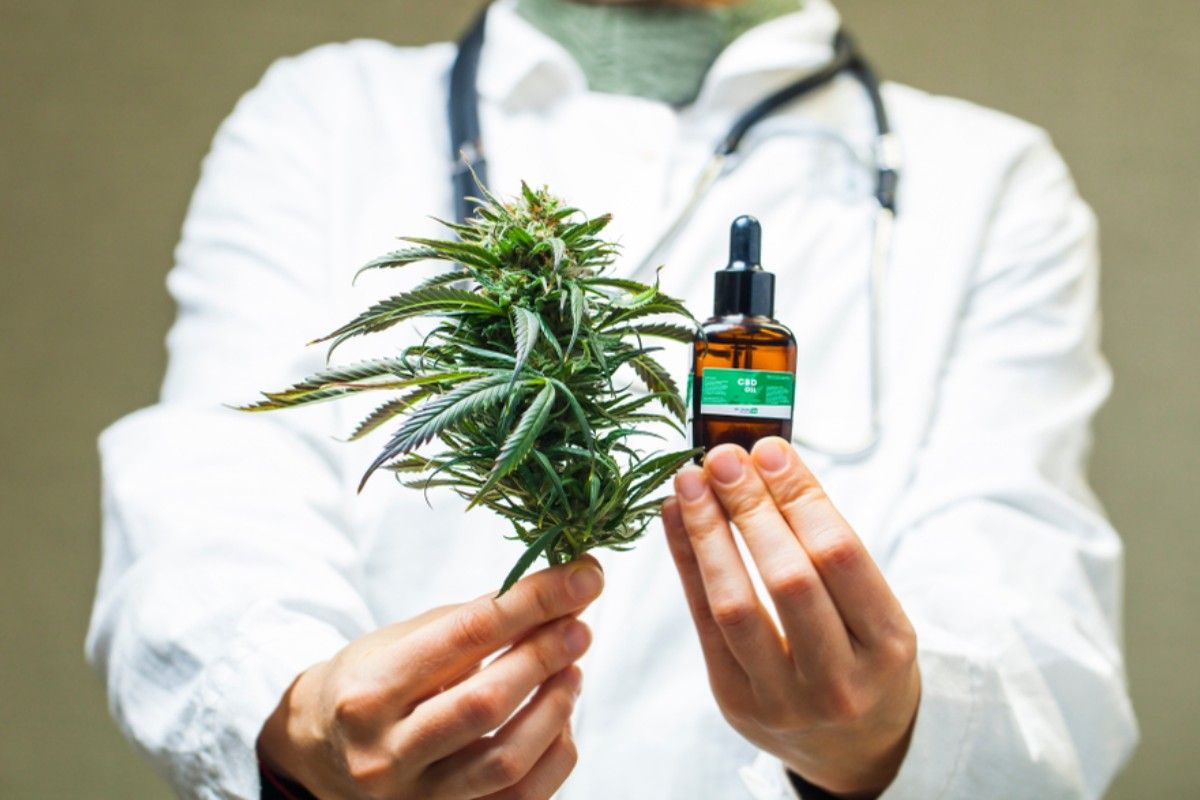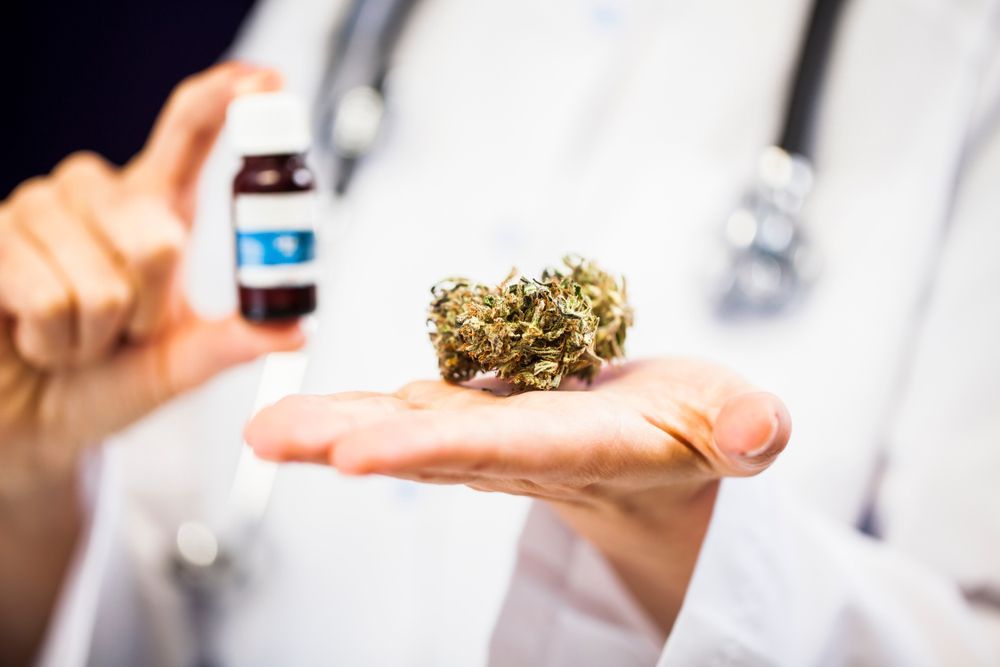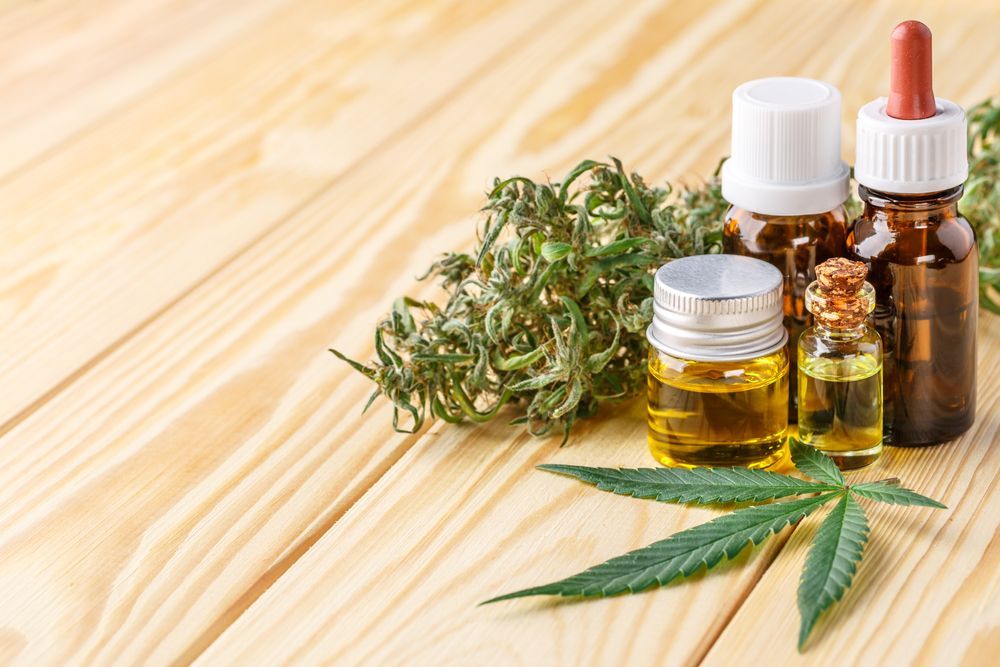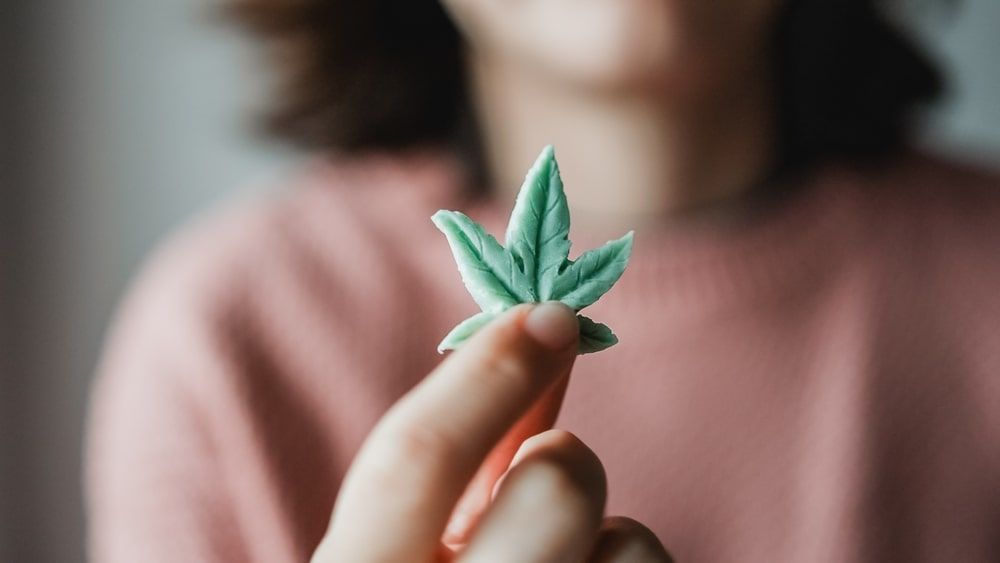CBD for Dementia: A Comprehensive Guide
Dementia is a challenging condition, affecting not only the person diagnosed but also their loved ones. You might be looking for alternative ways to help manage its symptoms. CBD, a natural compound found in cannabis plants, has gained attention for its potential benefits. But what is CBD, and can it really help with dementia?
Understanding Dementia
Dementia is not a single disease but a term that covers various conditions affecting memory, thinking, and social abilities. Alzheimer's disease is the most common type, but there are others like vascular dementia, Lewy body dementia, and frontotemporal dementia. Symptoms may include memory loss, confusion, and changes in personality and behavior.
How CBD Works in the Brain
You may wonder how CBD interacts with the brain, especially for someone with dementia. The answer lies in the body's endocannabinoid system (ECS).
The Endocannabinoid System
The ECS is a complex network of receptors and molecules in your body. It helps regulate various functions, including mood, appetite, and pain. CBD interacts with this system, potentially promoting balance and health.
CBD’s Impact on Brain Function
CBD is thought to have neuroprotective properties, which means it might help protect your brain cells from damage. It also has anti-inflammatory effects, which could be beneficial since inflammation is a factor in many types of dementia. Additionally, CBD might help with symptoms like anxiety and agitation, common in dementia patients.
Research on CBD for Dementia
Before considering CBD for dementia, it is crucial to understand what science says. While more research is needed, current studies and anecdotal evidence offer some insights.
Current Scientific Studies
Recent studies suggest that CBD may have potential benefits for dementia. For example, some research indicates that CBD can reduce inflammation and brain cell death, which are common in Alzheimer's disease. Other studies show that CBD may help manage symptoms like anxiety and aggression.
Anecdotal Evidence
Many families and caregivers report positive experiences with CBD for dementia. Some say it helps their loved ones feel calmer and more comfortable. However, personal stories can vary, and what works for one person might not work for another.
Types of CBD Products for Dementia
If you decide to try CBD, you'll find various products available. Choosing the right one can make a big difference.
CBD Oil and Tinctures
CBD oil is one of the most popular forms. It comes in a bottle with a dropper, making it easy to use. You can place a few drops under your tongue or mix it into food. Tinctures are similar but often have added ingredients for flavor or extra benefits.
CBD Capsules and Edibles
Capsules and edibles are another option. They provide a convenient way to take a consistent dose. Capsules are swallowed like pills, while edibles come in forms like gummies or chocolates. These might take longer to work since they must go through your digestive system.
Topical CBD Products
Topical products, like creams and balms, are applied directly to the skin. They are mainly used for localized pain relief, but some people use them for their calming effects. However, they might not be as effective for dementia-related symptoms compared to oils or edibles.
Choosing the Best CBD for Dementia
With so many options, picking the best CBD product can be overwhelming. Here are some key factors to consider.
Full-Spectrum vs. Broad-Spectrum vs. Isolate
CBD products come in different types: full-spectrum, broad-spectrum, and isolate. Full-spectrum contains all the cannabinoids and terpenes from the cannabis plant, including a tiny amount of THC. Broad-spectrum has all the components except THC. Isolate is pure CBD. Full-spectrum might offer more benefits due to the "entourage effect," where all the components work together.
Quality and Purity
Always look for high-quality, pure CBD products. Reputable companies provide third-party lab test results. These reports show that the product is free from contaminants and contains the advertised amount of CBD.
Dosage Considerations
Starting with a low dose and gradually increasing is a good approach. Factors like your weight, the severity of symptoms, and how you respond to CBD can influence the right dose. Consulting with a healthcare provider is essential.
Safety and Side Effects
CBD is generally considered safe, but it's important to be aware of potential side effects and interactions with other medications.
Common Side Effects
Some people might experience mild side effects like dry mouth, drowsiness, or changes in appetite. These usually go away after a short time. If side effects persist or worsen, it is best to stop using CBD and consult a doctor.
Interactions with Other Medications
CBD can interact with other medications, affecting how they work. It is crucial to talk to your healthcare provider before starting CBD, especially if you or your loved one is taking other medications.
Legal Considerations
Understanding the legal status of CBD is important to ensure you are using it legally and safely.
Legal Status of CBD
CBD is legal in many places, but regulations can vary. In some regions, only CBD products with no THC are legal. In others, products with small amounts of THC are allowed. Checking the laws in your area is crucial to avoid any legal issues.
Seeking Professional Guidance
Before starting CBD, it is wise to seek professional advice. Consulting with healthcare professionals can help you make informed decisions.
Importance of Medical Advice
Doctors and other healthcare providers can offer valuable insights into using CBD for dementia. They can help you understand potential benefits and risks, and guide you on proper usage.
Our Free Consultation Services
At our clinic, we offer free consultations to help you navigate the use of CBD for dementia. Our professional doctors and consultants are here to assist you. Booking an appointment is easy and can provide you with the personalized guidance you need.
Conclusion
CBD shows promise as a potential aid for dementia. It might help manage symptoms like anxiety, aggression, and inflammation. However, more research is needed, and it is important to consult with healthcare professionals before starting any new treatment. Our clinic is here to support you with expert advice and free consultations. Taking the step to book an appointment could make a significant difference in managing dementia.









